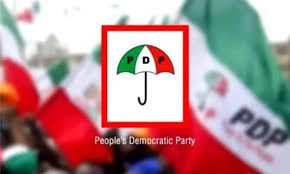As the 2027 general elections approach, southern leaders within the Peoples Democratic Party (PDP) are reportedly split over the controversial practice of micro-zoning, a strategy aimed at rotating political positions among sub-regions to ensure equitable representation. The disagreement has raised concerns about unity within the party and its ability to present a cohesive front against the ruling All Progressives Congress (APC).
Some southern PDP leaders argue that micro-zoning is necessary to guarantee fairness and inclusivity, ensuring that different sub-regions within the South are not marginalized in the selection of presidential or governorship candidates. They insist that respecting these informal arrangements is crucial for maintaining trust among party members and grassroots supporters.
However, critics of micro-zoning warn that rigid adherence to the practice could limit the party’s ability to field the most competent and popular candidates, potentially weakening its chances in the national elections. They argue that focusing too heavily on regional balancing may exacerbate internal divisions rather than promote unity.
Party insiders reveal that negotiations are ongoing, with factions pushing for compromises that would satisfy key stakeholders while still allowing for strategic candidate selection. Analysts note that the outcome of this debate could significantly influence the PDP’s electoral strategy, particularly in the South, which has historically been a critical swing region in national politics.
As tensions persist, southern PDP leaders are being urged to find common ground to prevent internal fractures that could be exploited by rival parties. Observers say the handling of the micro-zoning debate will serve as an early test of the party’s organizational maturity and readiness to challenge the APC in 2027.
More than news- Its Icegate

